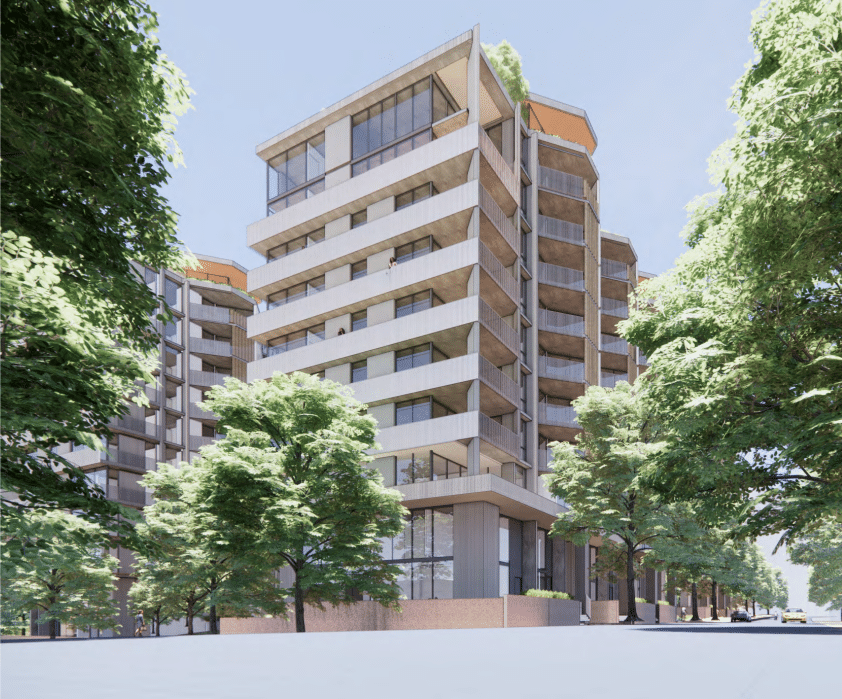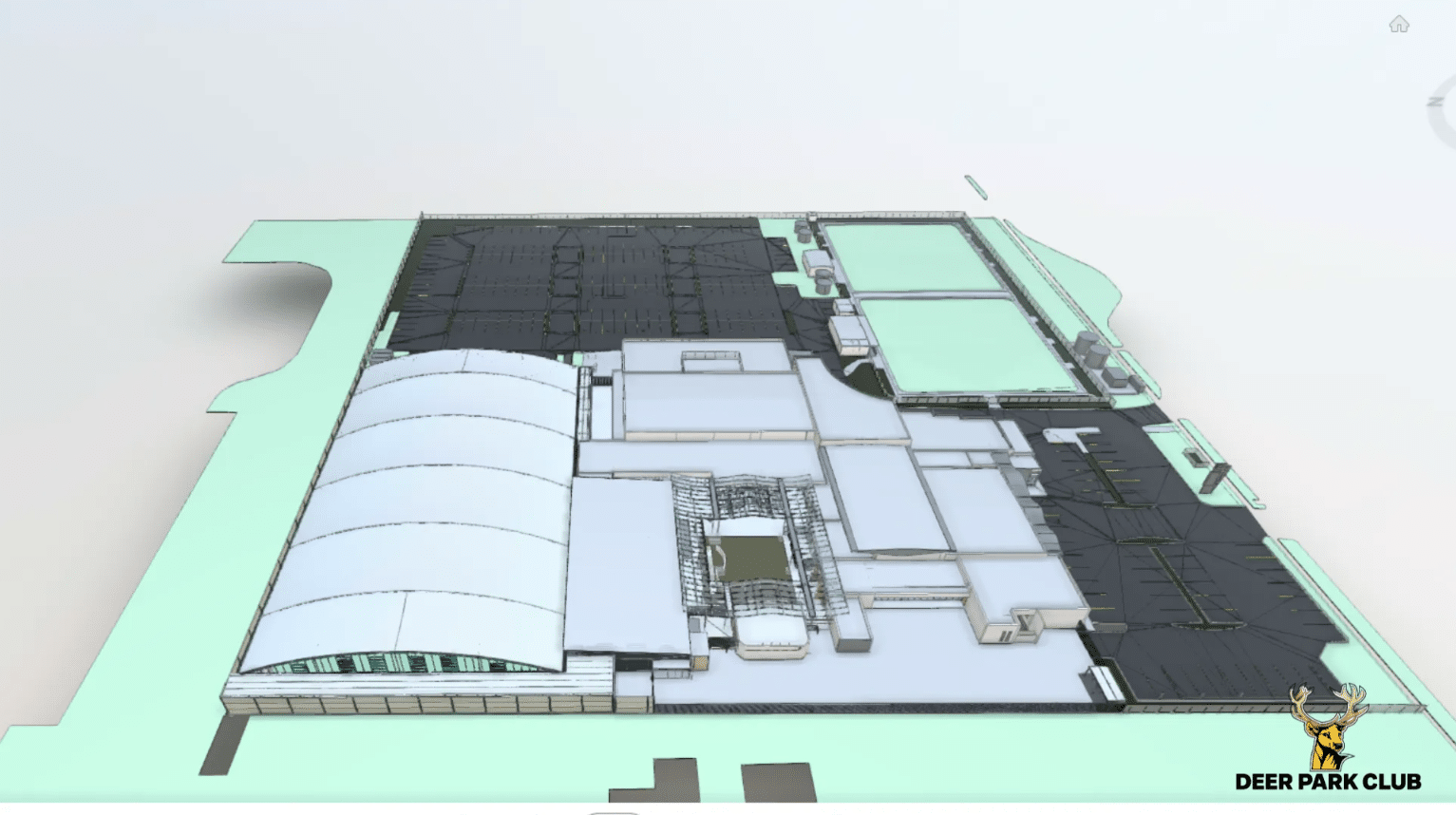Traffic Impact Assessments
A Traffic Impact Assessment (TIA) is generally required to be submitted to a Council or Roads Authority alongside architectural plans and town planning documentation as part of a planning permit or development application.
The TIA document reviews existing transport networks proximate to the site, assesses the proposal against statutory parking requirements (car, bicycle, motorcycle, loading, etc.) and estimates the traffic volume likely to be generated by the development and its distribution to the surrounding road network.
Larger developments often require intersection modelling of one or more intersections using SIDRA Intersection software to demonstrate the impacts of the development on existing traffic conditions.
SALT believes that preparing a Traffic Impact Assessment should not just be a ‘checking the box’ assignment.
We work proactively with property owners, developers, architects, town planners and government officials through all stages of design to ensure that what is going to be built is safe, functional and efficient.
We do this by highlighting potential risks to the approval process early in the design process and remaining available to assist with any further queries after our TIA has been submitted.
We can also resolve traffic engineering matters raised by Authorities in Request for Further Information letters (RFIs) subsequent to a planning or development application having already been submitted.
We also provide expert witness services for appeals (to tribunals or planning courts) if required, so we stand behind you all the way through the approval process.
SALT has an established team of Traffic & Transport Engineers that have experience in preparing Traffic Impact Assessments for all forms of development, including but not limited to:
- Residential developments (apartments, townhouses, aged care, student accommodation)
- Commercial developments (office buildings, business parks, galleries, industrial parks, distribution centres)
- Accommodation (hotels, motels, caravan parks, serviced apartments)
- Subdivisions (residential, industrial, mixed-use precincts, greenfield, greyfield, infill)
- Education (universities, further education, secondary schools, primary schools, kindergartens, early learning, child care)
- Community and public infrastructure (recreation and community facilities, sports fields, aquatic centres)
- Medical developments (consulting suites, hospitals, allied services)
- Retail facilities (shopping centres, homemaker centres, showrooms, shopfronts)
- Food & drink premises (restaurants, cafes, convenience restaurants, drive-thru facilities, bars)
- Service / fuel stations
- Town centres and commercial precincts, and
- Any proposal where an authority is requesting a Traffic Impact Assessment.
SALT recognises that projects vary in size and provides tailored fees to suit a project’s needs. We avoid ‘overservicing’ small projects. We can prepare detailed fee proposals for larger projects that consider costs that may be required (such as car parking occupancy surveys, intersection turning movement counts and pre-application meetings, etc.) so that a project can be accurately budgeted.
For more information regarding SALT’s expert witness services, click here.
If you need a tailored traffic impact assessment for your project, contact SALT today.
Eden Apartments, Belconnen

Deer Park Bowling Club Redevelopment

